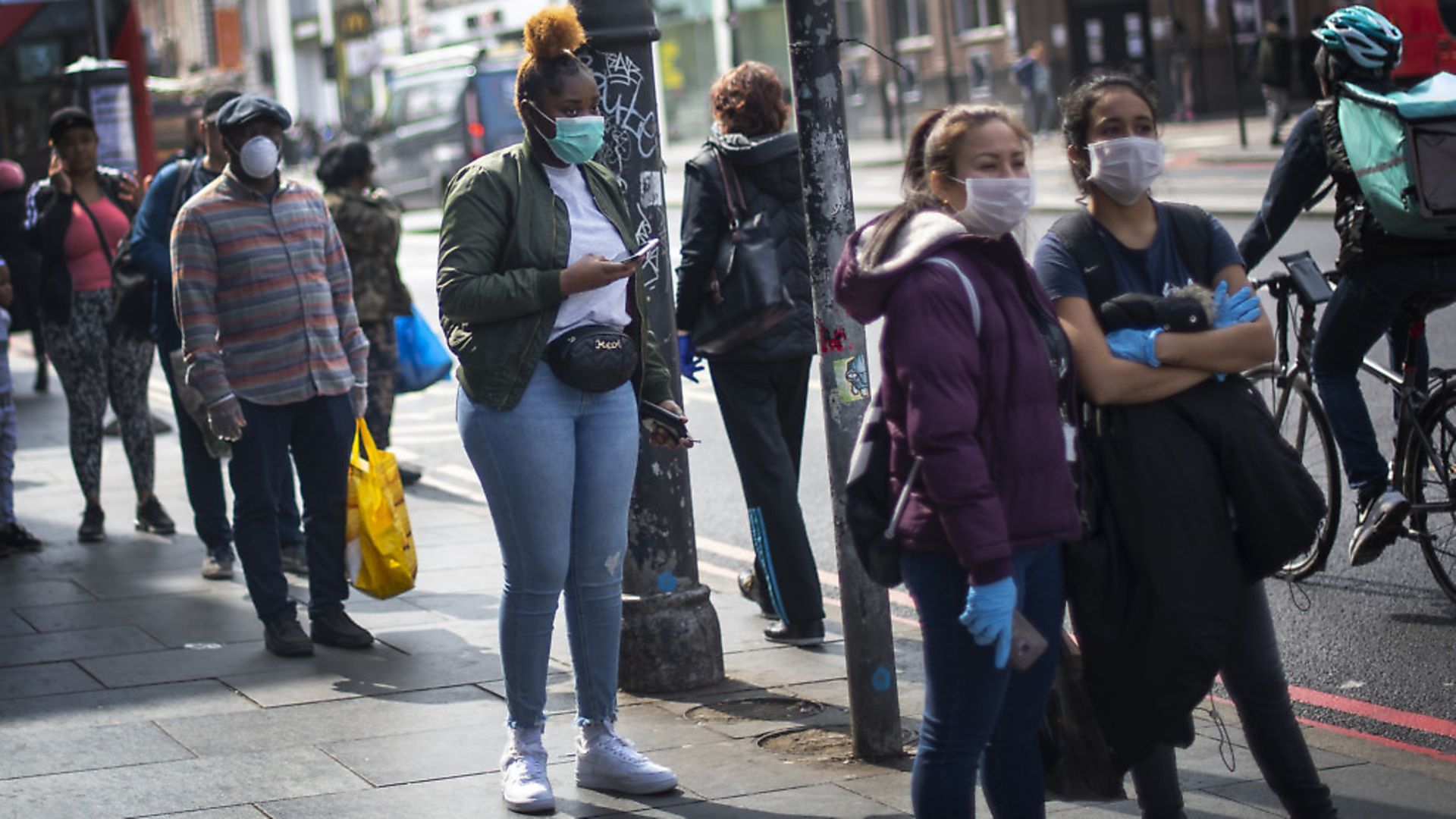
There is currently no evidence to support the belief that people who have recovered from coronavirus then have immunity, the World Health Organisation has said.
Senior WHO epidemiologists warned despite the hopes governments across the world have piled on antibody tests, there is no proof those who have been infected cannot be infected again.
Speaking at a press conference in Geneva, Dr Maria van Kerkhove said: ‘There are a lot of countries that are suggesting using rapid diagnostic serological tests to be able to capture what they think will be a measure of immunity.
‘Right now, we have no evidence that the use of a serological test can show that an individual has immunity or is protected from reinfection.’
She added: ‘These antibody tests will be able to measure that level of seroprevalence – that level of antibodies but that does not mean that somebody with antibodies means that they are immune.’
Have your say
Send your letters for publication to The New European by emailing letters@theneweuropean.co.uk and pick up an edition each Thursday for more comment and analysis. Find your nearest stockist here or subscribe to a print or digital edition for just £13. You can also join our readers' Facebook group to keep the discussion and debate going with thousands of fellow pro-Europeans.
Dr van Kerkhove said it was ‘a good thing’ that so many tests are being developed.
But she cautioned: ‘We need to ensure that they are validated so that we know what they say they attempt to measure they are actually measuring.’
The British government has bought 3.5 million serology tests, which measure levels of antibodies in blood plasma, even though they are not definitive of growing levels of herd immunity.
Many tests being developed are pin prick blood tests similar to widely used instant HIV tests and measure for raised levels of the antibodies the body uses to fight the virus.
Her colleague Dr Michael Ryan said the tests also raised ethical questions.
‘There are serious ethical issues around the use of such an approach and we need to address it very carefully, we also need to look at the length of protection that antibodies might give,’ he said.
‘You might have someone who believes they are seropositive (have been infected) and protected in a situation where they may be exposed and in fact they are susceptible to the disease.’
Dr Ryan said the tests had to be used as part of a coherent public health policy.
The WHO is due to issue updated guidance on the issue this weekend.








